Dr. James C. Schmidt Chancellor | Official website
Dr. James C. Schmidt Chancellor | Official website
The Workforce Innovation Grant, a collaborative initiative led by the University of Wisconsin-Eau Claire and Mayo Clinic Health System – Northwest Wisconsin, has concluded with organizers citing significant achievements in workforce development across northwestern Wisconsin. The grant aimed to strengthen talent pipelines in health, education, and economic development, particularly in rural communities.
At a reception marking the end of the grant on August 25, project leaders reflected on the program’s impact. “Thank you for knocking it out of the park,” Carney told the crowd that attended a reception and poster session commemorating the end of the grant on Aug. 25. “We far exceeded the original parameters, the original goals that were set up.”
The grant was structured around four main pillars: addressing workforce shortages in fields such as nursing and social work; developing new academic programs to upskill healthcare workers; innovating rural healthcare delivery; and supporting entrepreneurship in small businesses. According to Dr. Carmen Manning, dean of the College of Health and Human Sciences at UW-Eau Claire, these goals required broad cooperation within the university community. “It’s really great to look around this room and see there are people from across the entire university,” Manning told those gathered at the reception. “It is a huge testament to the nature of this work and tells us the ways in which we can move forward together and do pretty amazing things.”
Among its outcomes, UW-Eau Claire introduced several new academic offerings during the grant period. These included a master of public health degree, a master of science in exercise physiology, a psychiatric mental health nurse practitioner track program, an MBA in healthcare management, a bachelor of sciences in professional studies, certificates for speech-language pathology assistants and navigating health systems, as well as a special education transition-to-teaching pathway.
Existing programs also saw changes: The master of science in nursing – nurse educator program transitioned from an in-person to hybrid format; admissions for traditional bachelor of science in nursing increased by 60%, resulting in 48 additional students per year; and investments were made into simulation technology at the College of Nursing’s Clinical Learning Center.
To encourage exposure to rural practice settings among students, over $1.6 million was distributed as scholarships for student teachers and social work interns placed in rural areas—supporting more than 600 students—and more than 150 students participated in five micro-immersion trips to rural school districts.
The Small Business Development Center (SBDC) at UW-Eau Claire expanded its reach through student consultant employment opportunities serving over 1,100 small businesses statewide and offering clinics across 59 counties. The SBDC received recognition for its efforts with awards such as the 2023 Wisconsin Top Rural Development Initiative for Rural Small Business Clinics and SBDC Capital Access Clinic.
Collaboration with Mayo Clinic Health System enabled further expansion of clinical training capacity using dedicated education units (DEUs), especially benefitting smaller hospitals facing space constraints for student placements. The partnership also established a preventative health specialist role—supported by UW-Eau Claire’s Navigating Health Systems certificate—to help build healthcare capacity by combining various patient support functions.
Efforts extended beyond healthcare into fostering entrepreneurship through workshops, hackathons, pitch competitions, and clinician engagement activities designed to address post-pandemic challenges faced by rural communities.
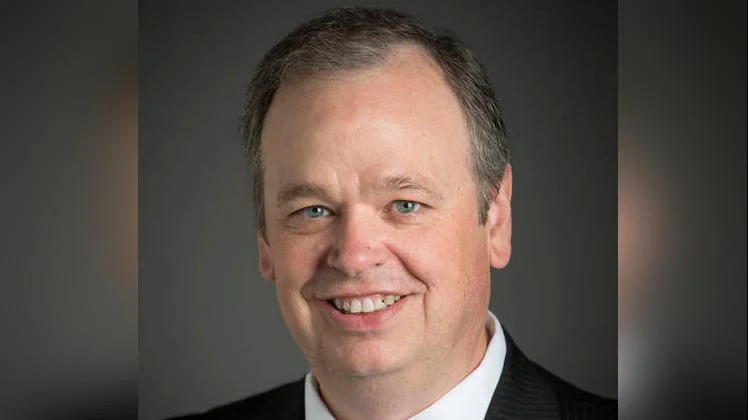
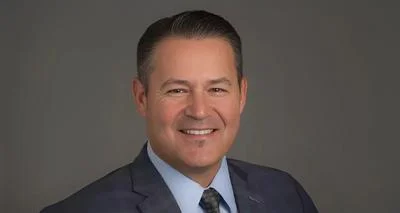
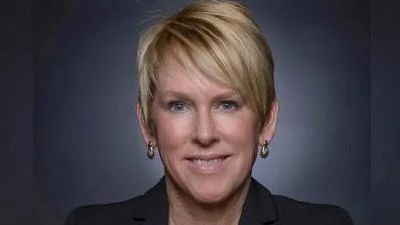
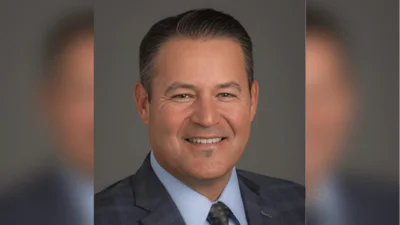
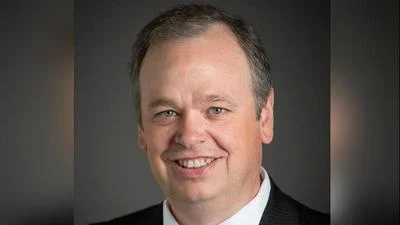
 Alerts Sign-up
Alerts Sign-up